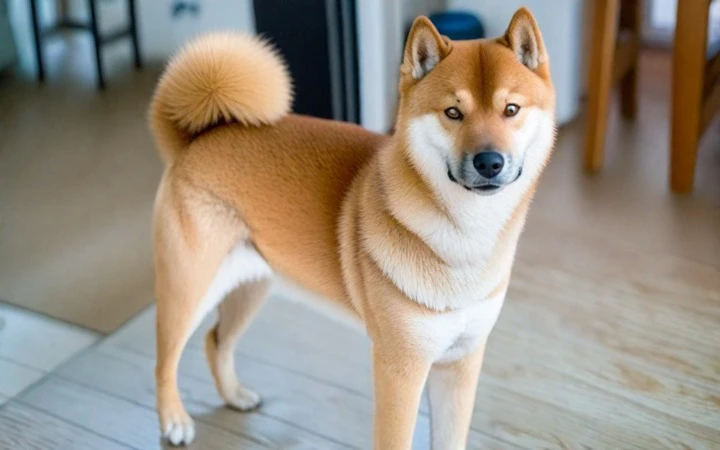Are Shiba Inus Hypoallergenic? A Complete Answer

The Shiba Inu, with its charming face and lively personality, has grown to be one of the most beloved breeds around the world. Their fox-like features and spirited disposition have captivated many potential pet parents, leading to an increase in inquiries about their characteristics. One question often posed is, "Are Shiba Inus hypoallergenic?" If you're an allergy sufferer who's looking to add a Shiba Inu to your family, this article is for you.
The short answer is no, Shiba Inus are not hypoallergenic. But don't let this deter you just yet. The term 'hypoallergenic' can often be misunderstood, and there's more to this story than meets the eye.
First, let's understand what hypoallergenic means. Generally, a hypoallergenic breed is one that's less likely to cause an allergic reaction. However, no dog breed is 100% hypoallergenic. This is because allergens are not only found in a dog's fur but also in their dander (dead skin flakes), saliva, and urine.
Shiba Inus are known for their thick double-coat that they shed twice a year during the shedding season. While the shedding may not be ideal for allergy sufferers, it's important to remember that the hair itself isn't the primary allergen. Dander, which can attach itself to the hair, is the more significant concern.
So, why is there a misconception that Shiba Inus could be hypoallergenic? One possible reason is their self-grooming habits. Shiba Inus are known for their cat-like grooming behavior, which helps them keep their coats relatively clean. But, while this helps with overall cleanliness, it does not reduce the production or spread of allergens.
All of this may seem disheartening if you suffer from allergies but have your heart set on a Shiba Inu. However, there are strategies you can employ to help manage your symptoms. Regular grooming, particularly during shedding seasons, can help control the amount of dander in your environment. Using a high-quality air purifier and regular house cleaning are also highly effective strategies.
Furthermore, if you're highly sensitive, you might want to spend some time around a Shiba Inu before adopting one. This allows you to see firsthand if your allergies will be a significant obstacle.
While Shiba Inus are not hypoallergenic, it doesn't mean you're out of options if you suffer from allergies. With appropriate strategies and a commitment to regular grooming and cleanliness, you can happily coexist with a Shiba Inu. After all, their bold and confident personality combined with their loyalty might make the extra efforts worthwhile.
Remember, each individual's allergic reactions are unique, so what works for one person may not work for another. Consult with your allergist to discuss your situation and explore the best options for you.
In conclusion, Shiba Inus may not be the best breed for those with severe allergies, but with careful planning and precaution, those with mild allergies can still enjoy the company of this fascinating and lovable breed. Remember, hypoallergenic does not mean allergen-free, and understanding this is key in managing expectations and realities when it comes to pet allergies.
Let's celebrate the diversity of breeds and the different options available to us. May each of us find our perfect pet companion, allergy concerns and all.